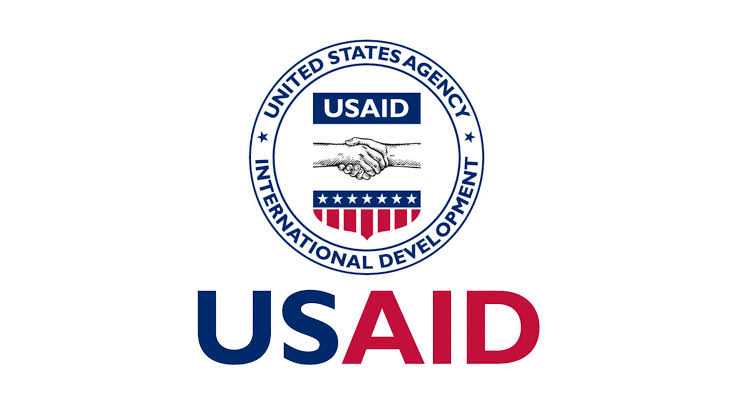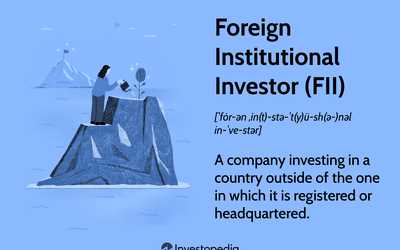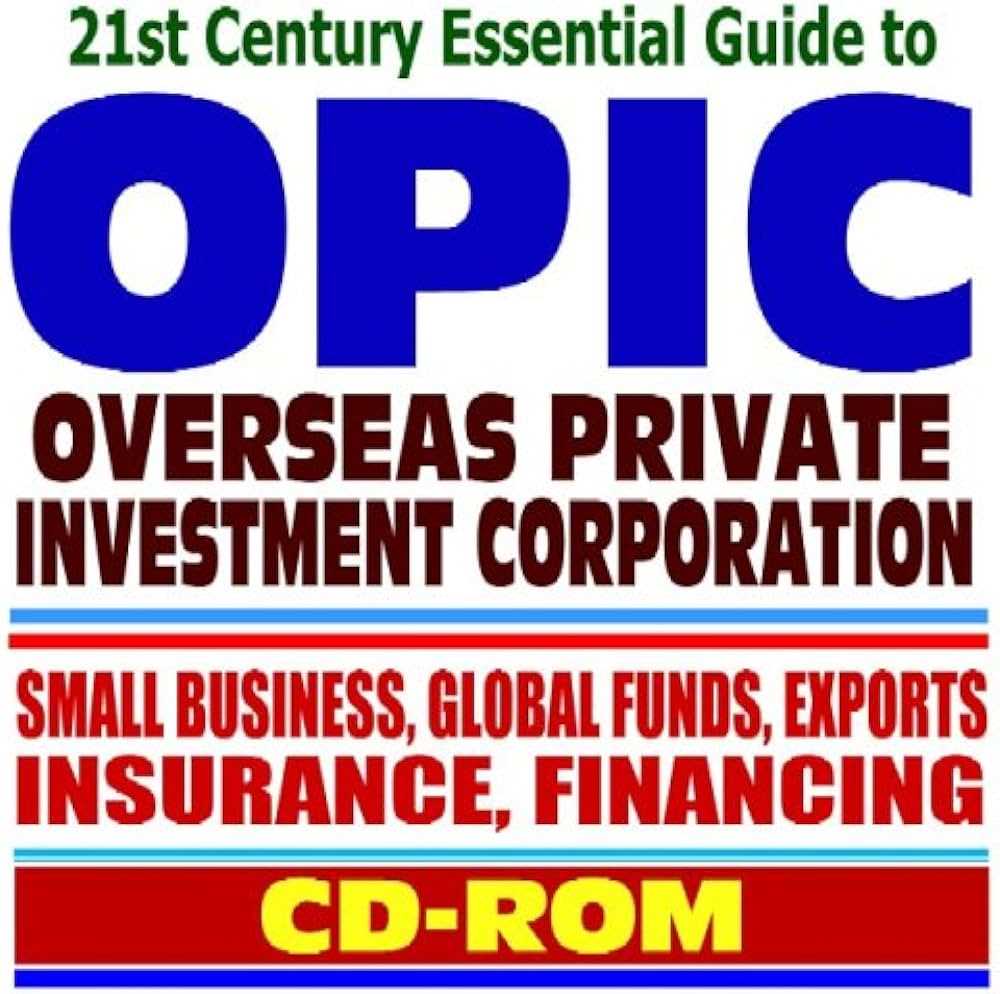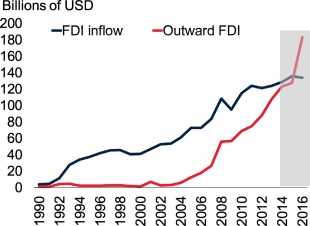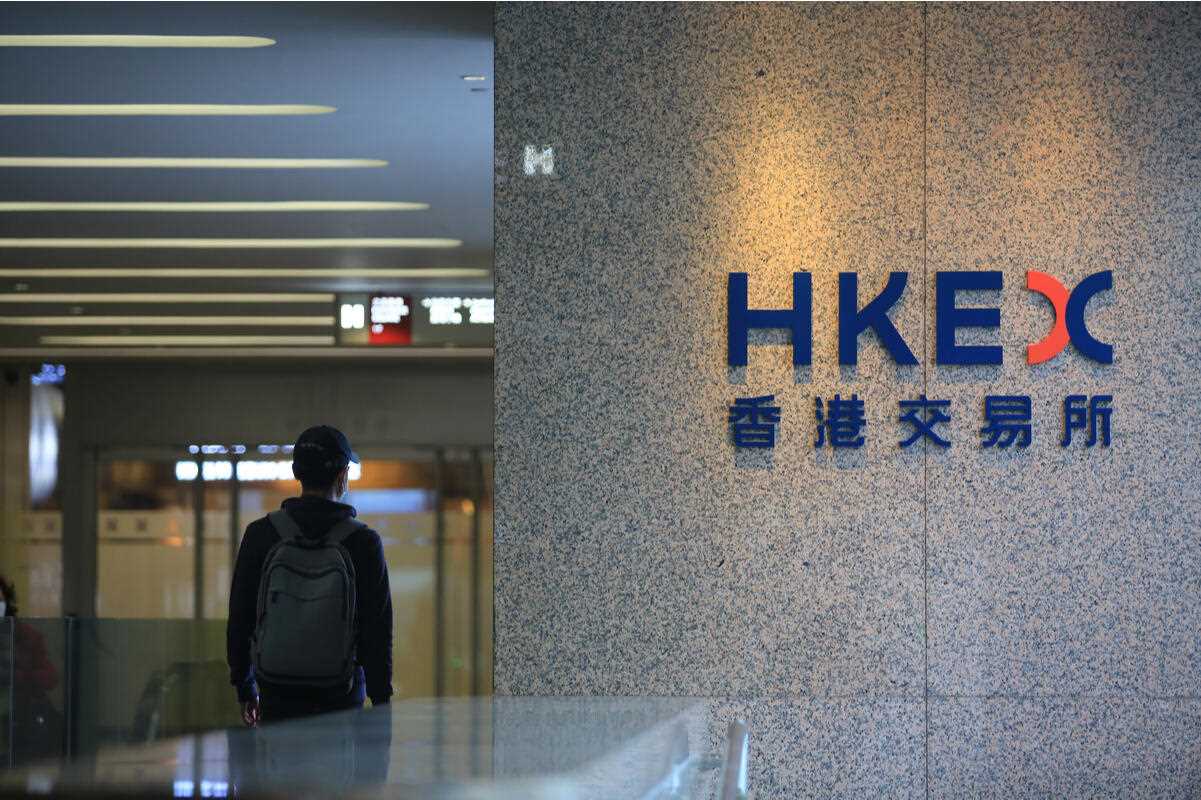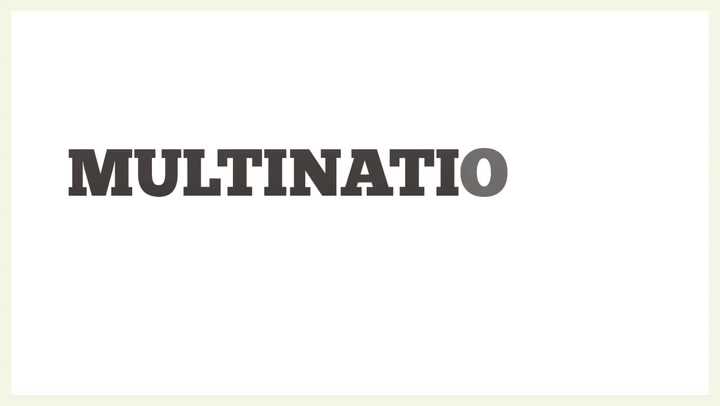What is EMEA? Included Countries and Importance in Business
What is EMEA? EMEA stands for Europe, Middle East, and Africa. It is a geographical region that encompasses countries from Europe, the Middle East, and Africa. EMEA is often used as a term in business and marketing to refer to these specific regions and their collective market. Definition, Meaning, and … …




